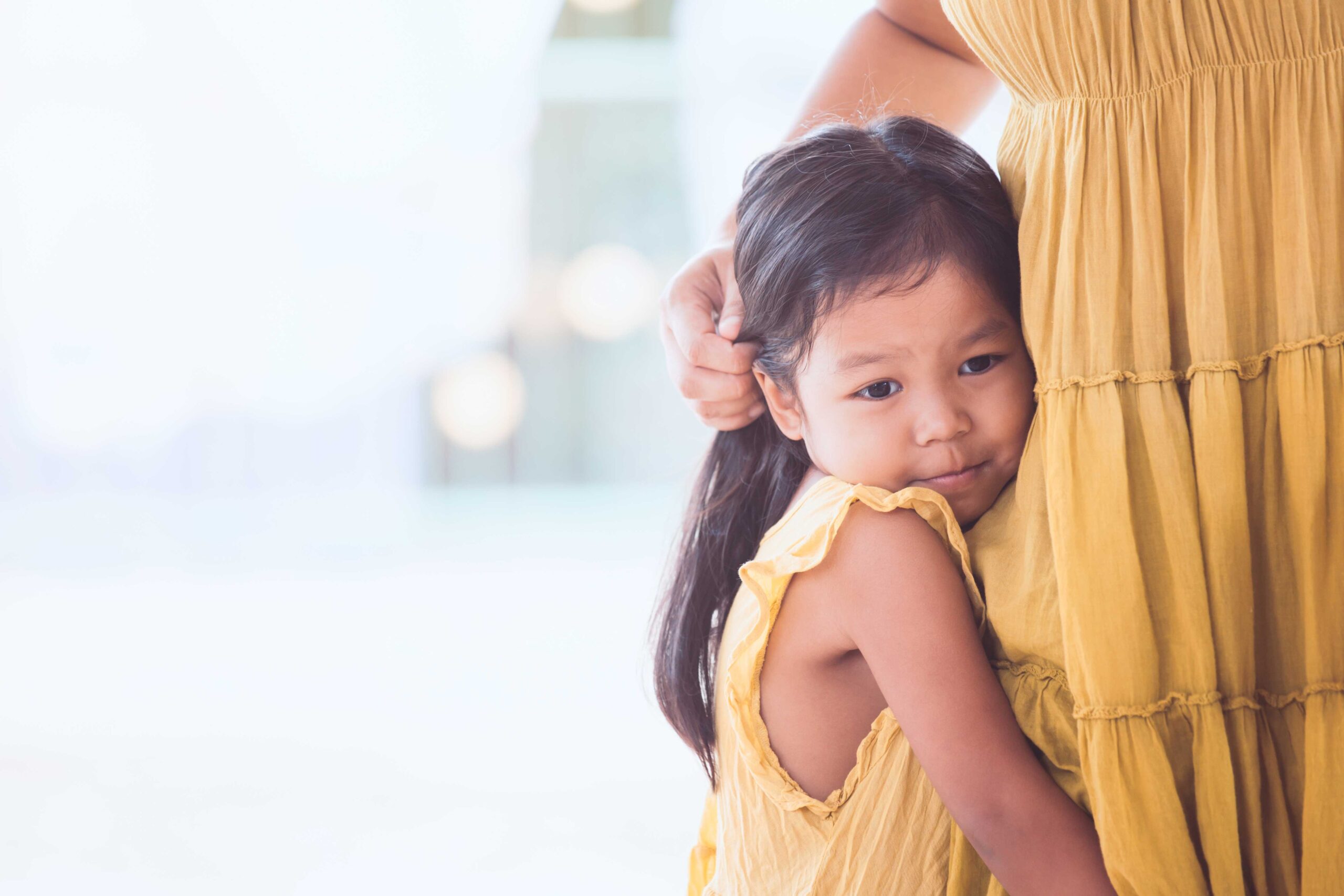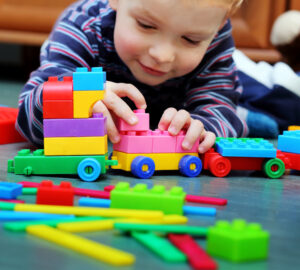
Holidays can bring joy and the familiarity of cherished family customs, but for those mourning the death of a loved one, holidays can become a source of stress, isolation, and sadness, particularly for children coping with grief. This year’s holidays may be made harder because of the death of a parent, a sibling, a teacher, or a tutu, or the general feeling of loss that lingers from the disaster. Many may enter the holiday season with uneasiness wondering how to celebrate this first holiday without their special someone by their side?
Grief for children is normal and with support, children can adapt positively to their new feelings. Parents should keep in mind what your kid can handle. In situations of suicide or traumatic death, sharing some details and leaving out others may make sense. It takes time to adjust to grief, but if your child seems sad, depressed, or agitated over an extended period of time, it is fair to seek guidance from your doctor or a counselor on ways to help them cope. (Resources: https://nkoemaui.org/resources/)
Ignoring a person’s death or being silent about it will not help the family adjust to the death. Deal with grief during the holidays head on, by planning ways to include space at the holiday table for conversation and memories about the person who died. Stories about that person, their favorite foods or activities can draw children out to know that it is safe and encouraged to include their special someone in this new way, integrating their loss into the new fabric of the family table.
Other ways to recognize the person who won’t be there this year include:
working together as a family to create a space at the table to honor the person who died, creating a memory box of drawings, photos, stories and memories of the person, pulling out objects that person gave or cherished and discussing memories.
All of these activities can have a beneficial impact on the whole family by encouraging healthy ways for your children to have a conversation about their person in a safe and comfortable family atmosphere.
Most often we hear: “Maui families are strong and we don’t need to dwell on sad emotions or talk about our feelings to get through this.” It is undeniably true that Maui families are strong. As a community, we need to shift the dialogue to recognize that while yes, Maui families are strong; it is also strong to talk about grief, it is strong to talk about your feelings and it is strong to make space for your keiki to talk about their feelings as well. Through that process, we will all become that much stronger.
Nā Keiki O Emalia offers peer-to-peer grief support services to children and their families. For more resources and ways to support grieving families, visit at nkoemaui.org.



